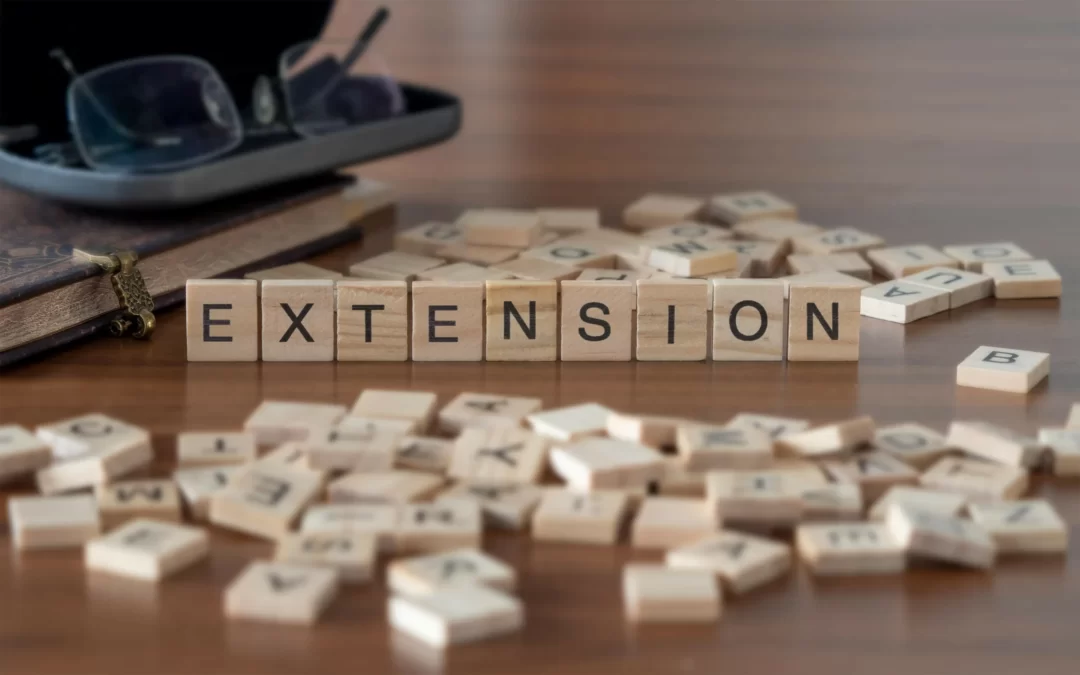On 6 March 2023, G Curtin SC and D Fairlie SC delivered the decision in the matter of Hua Nan Trading Pty Ltd v The Owners – Strata Plan No 32396 [2023] NSWCATAP 66.
The Appeal Panel determined that the NSW Civil and Administrative Tribunal (NCAT) possesses the authority, pursuant to section 41 of the Civil and Administrative Tribunal Act 2013 (NSW), to extend the period for commencing legal proceedings in relation to a breach of an owners corporation’s duty to maintain and repair common property under section 106 of the Strata Schemes Management Act 2015 (NSW) (SSMA).
Background
On 2 February 2022, the appellant, Huan Nan Trading Pty Ltd (Hua Nan), commenced proceedings with NCAT (First Proceedings) against The Owners – Strata Plan No 32396 (Owners Corporation). In those proceedings, Hua Nan sought two orders. The first was for damages and the second was for an order to inspect certain records of the owners corporation. The application by Hua Nan was not accepted as compulsory mediation pursuant to section 227 of the SSMA was not undertaken. On 22 April 2022, a mediation between the parties was conducted by Fair Trading. The mediation was unsuccessful.
On 28 April 2022, Hua Nan commenced its second proceedings in NCAT against the Owners Corporation seeking the same orders as it had sought in the First Proceedings (Second Proceedings). The appellant said it provided to NCAT evidence of the earlier mediation at the time of commencing those proceedings.
The Owners Corporation argued that the Second Proceedings were brought beyond the prescribed two-year limitation period, as stipulated in section 106(6) of the SSMA. Section 106(6) states:
In the first instance, NCAT was required to consider whether it was empowered to extend the time to commence proceedings under section 41 of the Civil and Administrative Tribunal Act 2013 (NSW) (NCAT Act).
Section 41 of the NCAT Act states:
(2) Such an application may be made even though the relevant period of time has expired.”
In the first instance, NCAT held that section 41 of the NCAT Act does not extend the limitation period under section 106(6) of the SSMA. There were two different bases for NCAT’s decision:
1. First, s 106(6) of the SSMA operates to deprive NCAT of jurisdiction to hear any claim brought more than two years after the lot owner became aware of the loss, impliedly in the same way sub-s 48K(3), (4), (6) and (7) of the Home Bulding Act (NSW) does so (as held in S & G Homes Pty Ltd t/as Pavilion Homes v Owen [2015] NSWCATAP 190); and
2. Second, the proper interpretation of section 41 of the NCAT Act was to the effect that it did not apply to s 106(6) of the SSMA. That is, NCAT said, section 41 only applied where legislation provided for the doing of something, and s 106(6) did not state a time for the doing of anything.
Judgment
On appeal, the Appeal Panel construed section 41 of the NCAT Act as superseding any conflicting provisions present in NCAT Act that bestows general jurisdiction upon NCAT, dismissing NCAT’s restrictive interpretation of section 41 of the NCAT Act.
Consequently, the Appeal Panel determined that NCAT had made an error in its conclusion that the limitation period under section 106(6) of the SSMA could not be extended via section 41 of the NCAT Act.
Importantly, the Appeal Panel also held that the decision does not provide carte blanche to delinquent owners to sit on their rights. Once the two-year period has elapsed such owners would need to convince NCAT that time period should be extended.
The contents of this publication are for reference purposes only. This publication does not constitute legal advice and should not be relied upon as legal advice. Specific legal advice should always be sought separately before taking any action based on this publication.
Liability limited by a scheme approved under Professional Standards Legislation.
Author: Maysaa Parrino & Stephanie Abdennour


